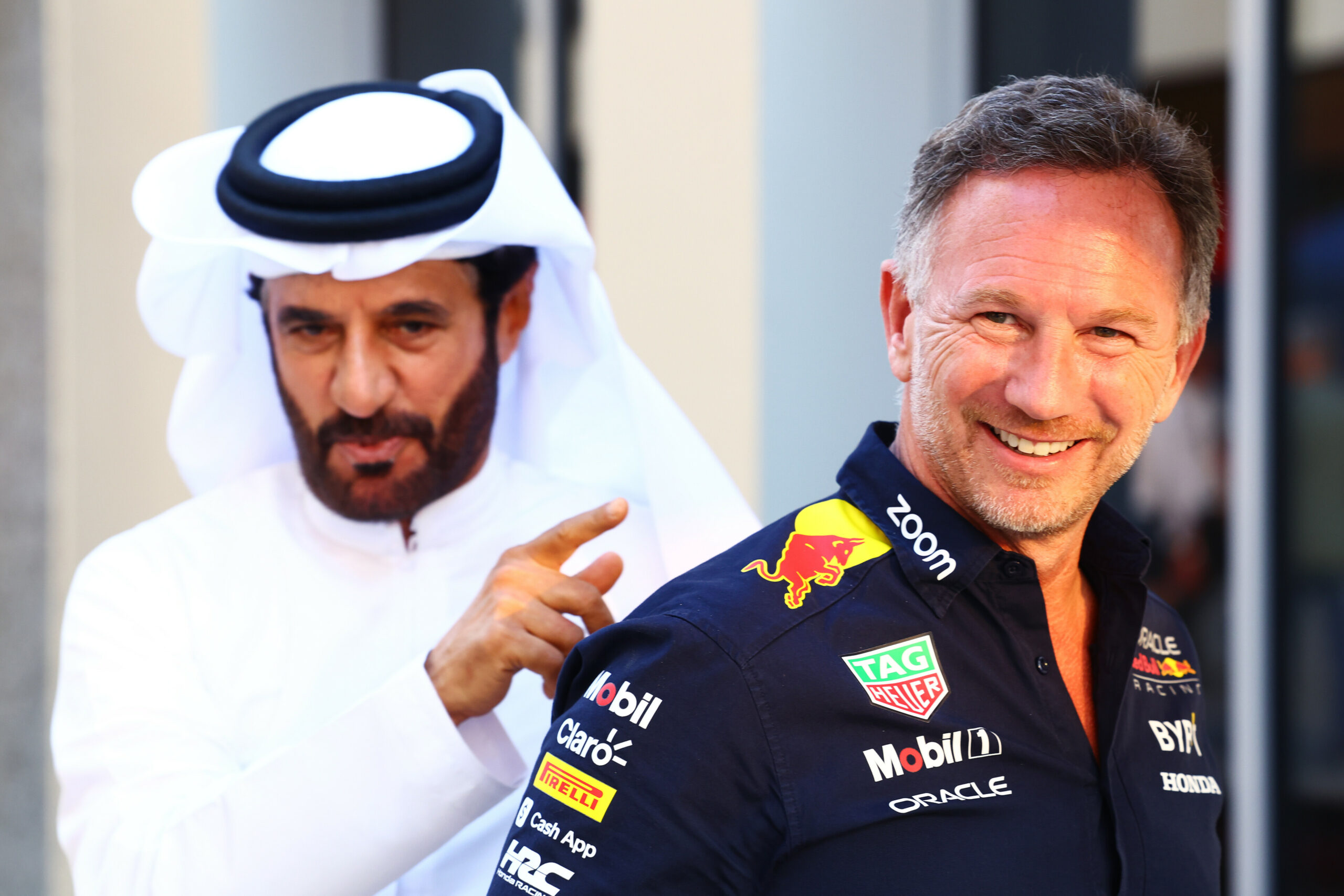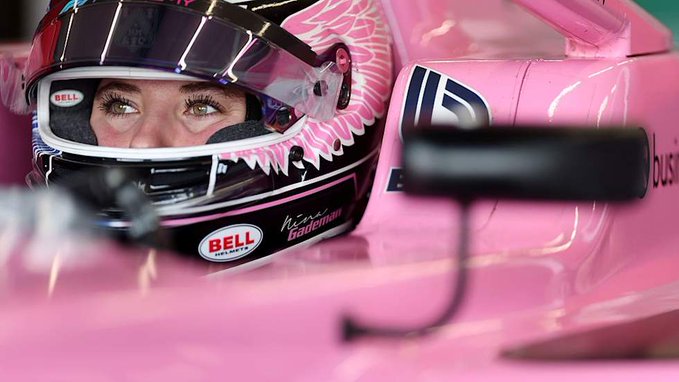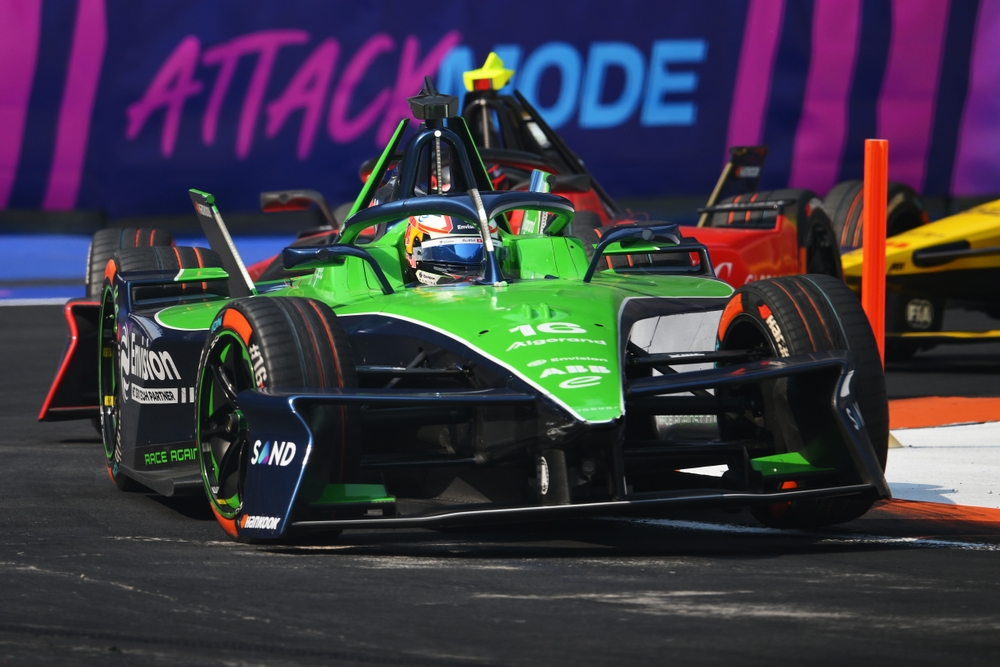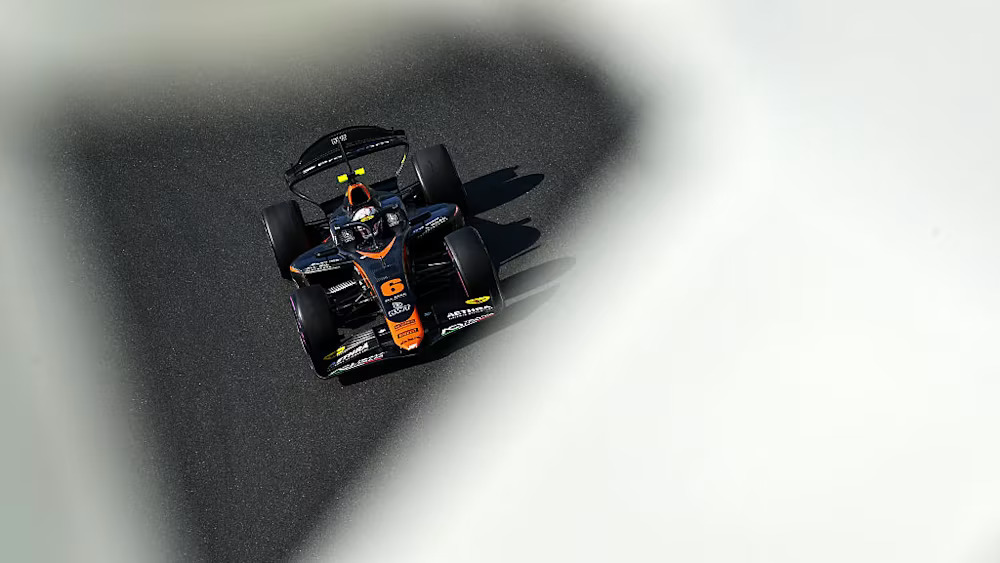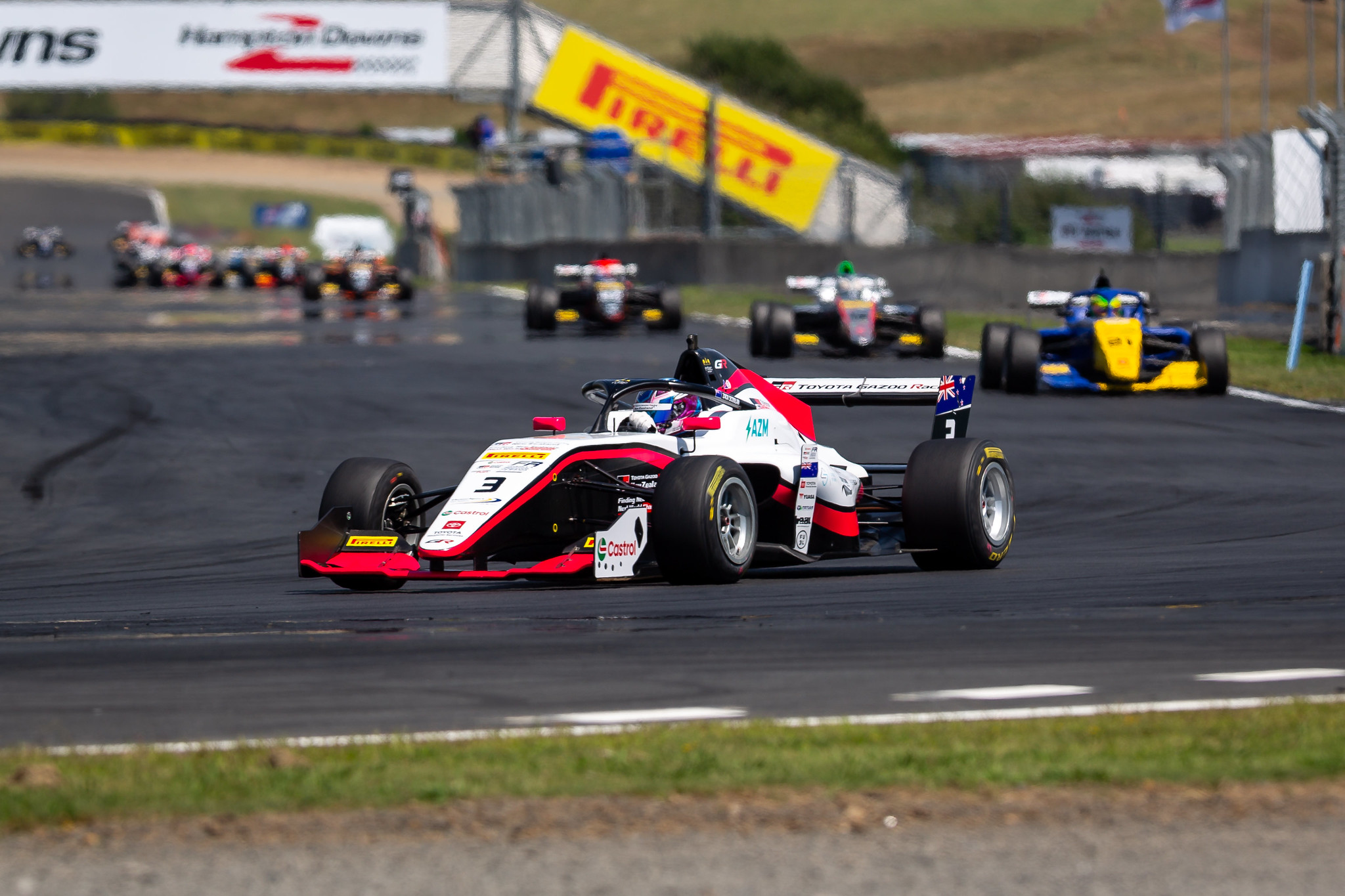The governing body has given clarification on the new regulations that limit drivers expressing views without seeking permission that may be in breach of the FIA’s principles of neutrality.
This has led numerous members of the paddock to criticise the move, such as Mercedes driver and GPDA director George Russell, who according to the Race said that the clamp down was “silly and unnecessary” along with the likes of Red Bull team principal Christian Horner and F1 CEO Stefano Domenicali who fear supressing drivers’ voices will turn the grid into ‘a load of robots.’
Today the FIA issued a document to competitors, which according to multiple outlets, has informed them that the new restrictions will only take place at certain times during an event, which includes the driver’s parade, national anthem, pre- and post-race activities and during FIA press conferences except when responding to accredited journalists.
The document labelled ‘Guidance on the Principle of Neutrality’, says that the drivers will be able to “express their views on political, religious and personal statements during and after the scope of the International Competition,” such as through their social media and during interviews with accredited media.
The document also gives guidance on what will be considered a rule breach: “The general making and display of political, religious and personal statements or comments notably in violation of the general principle of neutrality promoted by the FIA under its Statutes, unless previously approved in writing by the FIA for International Competitions within their jurisdiction.”
However, the governing body may “authorise a participant to make a statement at an International Competition that would otherwise be prohibited by Article 12.2.1.n,” on a “case-by-case basis” and religious actions such as crossing oneself or pointing to the sky will be allowed.
The FIA states that it will be up to the race stewards to determine “whether a statement or comment – whether in the form of an image, symbol, gesture or actions is a breach,” and clarified what constitutes ‘political’ ‘religious’ and ‘personal.’
These include making references to “Any local, regional or national government or any of its departments, offices or functions”, “any specific ethnic or indigenous communities, or perceived discrimination by one community against another”, and if a competitor was to “use events as a platform to share personal statements of any kind.”
If a driver was to violate the ISC article there will be numerous ways by which they could be punished.
Minor penalties such as warnings, reprimands, fines or obligations to accomplish some work of public interest could be given, however stricter penalties such as deletion of lap times, time penalties or obligation for a driver to start from the pitlane are all available.
Lewis Hamilton, who has frequently used his platform to tackle issues such as the Black Lives Matter movement and the LGBTQ+ community said that “nothing” will stop him from continuing to speak out about issues and told Sky Sports News he will “100 per cent” still do so despite the risk of a penalty.
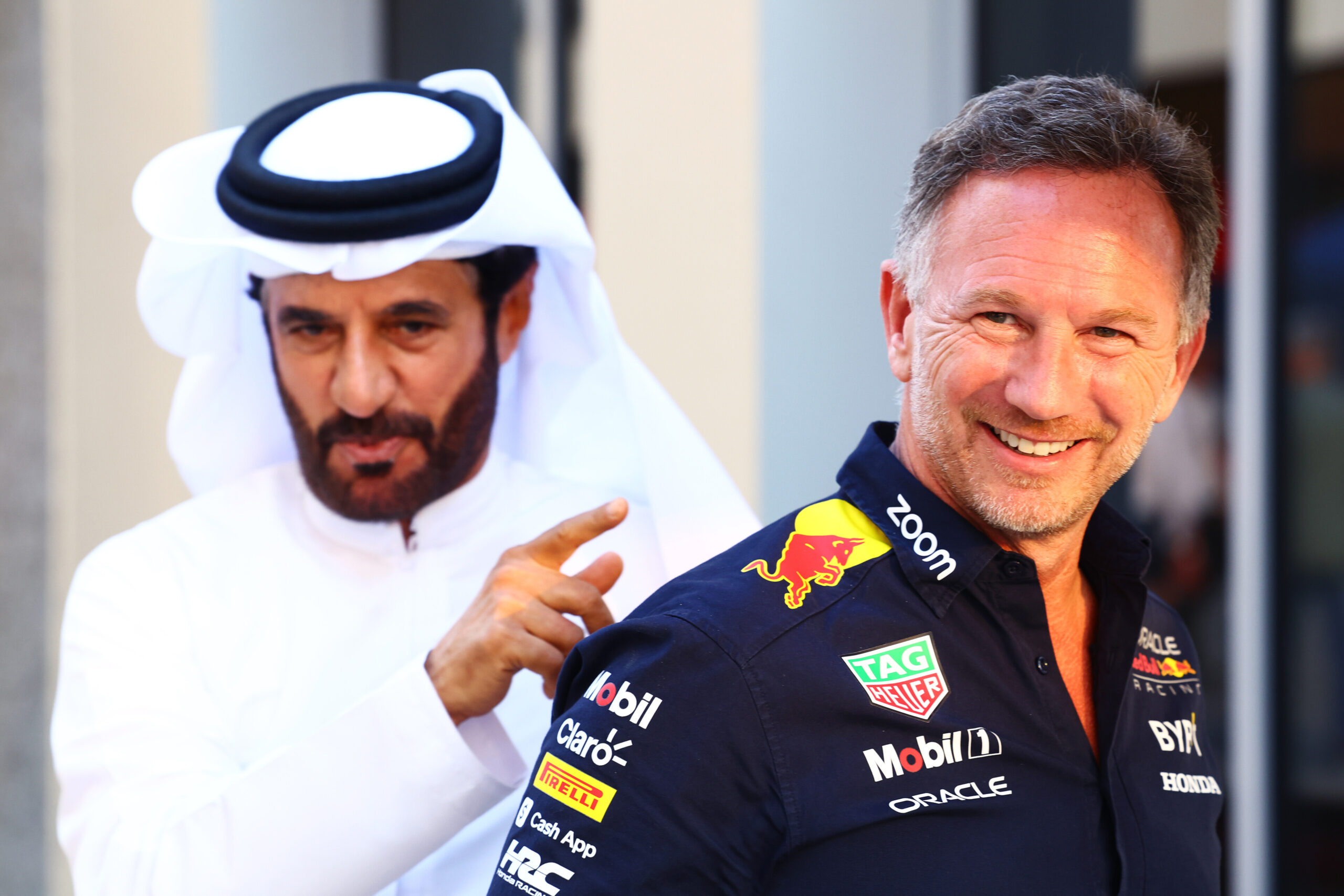
Photo Credit: Red Bull Content Pool

